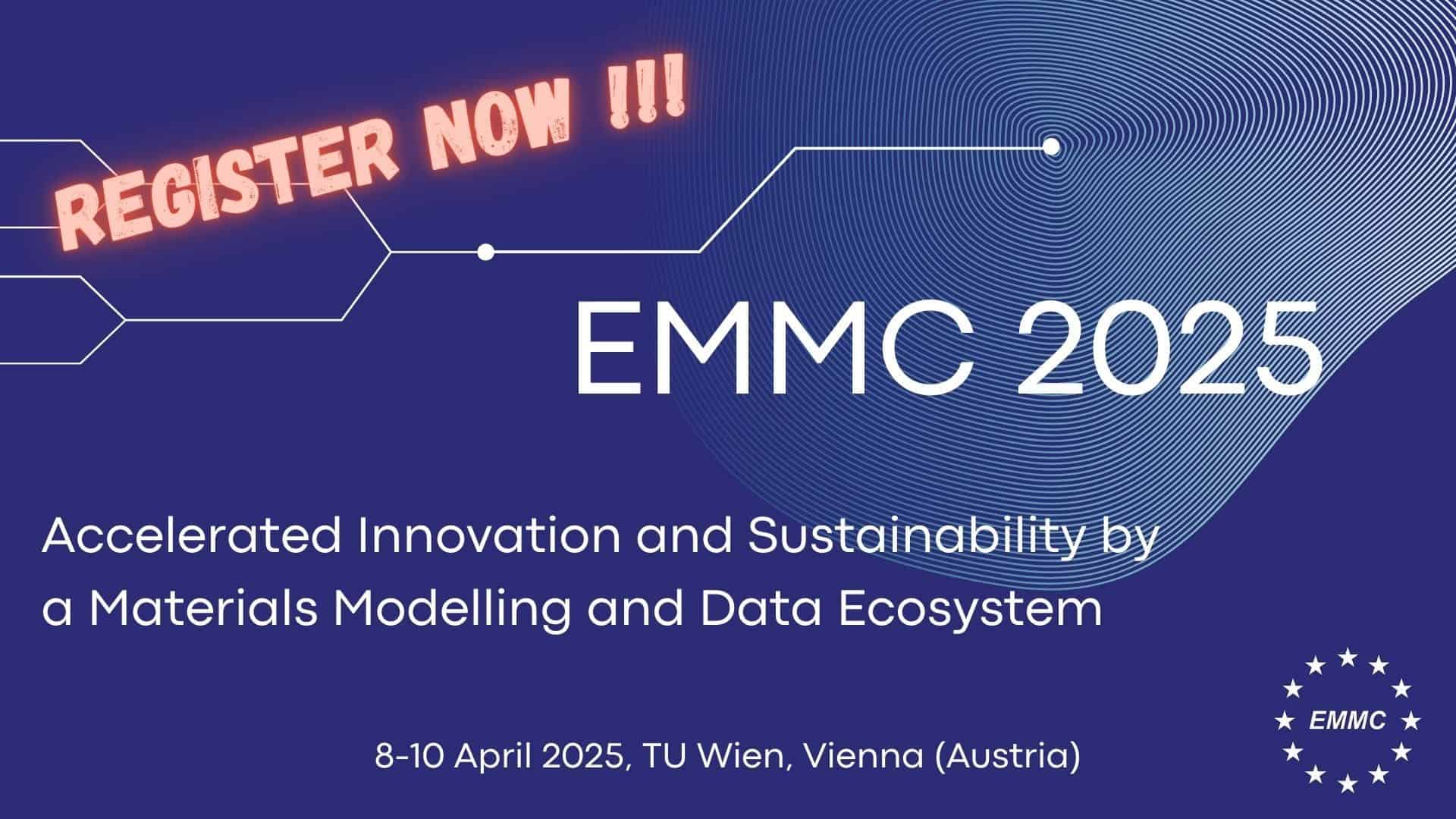There is a large unexploited potential for data reuse within materials. Although digitalisation has got a lot of attention in recent years, the situation within materials research is still that data and knowledge resources are scattered, unstructured and with various levels of quality, which make reuse difficult. The main reason for this is that the materials community consists of a vast number of disciplines and groups using their own nomenclature and with little tradition of data sharing. Data often is not or poorly digitalised (e.g. results stored in Excel) and reaching FAIR data is further complicated by a lack of widely adopted common standards for data and metadata.
In this session we will discuss and share approaches for sharing data across disciplinary and community boundaries in an interoperable way to reach the goals of the green digital transformation requires integrating data across disciplines including environmental and social sustainability bridging innovation markets and value chains.
Invited presentation
by Alexander Pogány, (Federal Ministry Republic of Austria, AT)
Invited presentation
by David Elbert (Johns Hopkins University, USA)
Ontology-Driven Digitalisation of Laboratory Research in Materials Science
by Marta Dembska (DLR, DE)
Digital Transformation in Materials Science and Engineering: Advancing Ontologies through the German Initiatives Platform MaterialDigital (PMD) and NFDI-MatWerk
by Hossein Beygi Nasrabadi (FIZ Karlsruhe, DE)
EMMO 1.0.0 release
by Emanuele Ghedini (UNIBO, IT)
DISCUSSION
Chairs: Simon Stier (Fraunhofer ISC, DE), Jesper Friis (SINTEF, NO)
APR 8-10, 2025 | TU Wien | Vienna, Austria
Registration | Program | Poster Contribution | Sponsoring & Exhibition
Join the EMMC 2025 International Workshop to meet peers and discuss advances and future directions in how both accelerated innovation and sustainability are supported by a Knowledge Ecosystem based on materials modelling and data integration.
